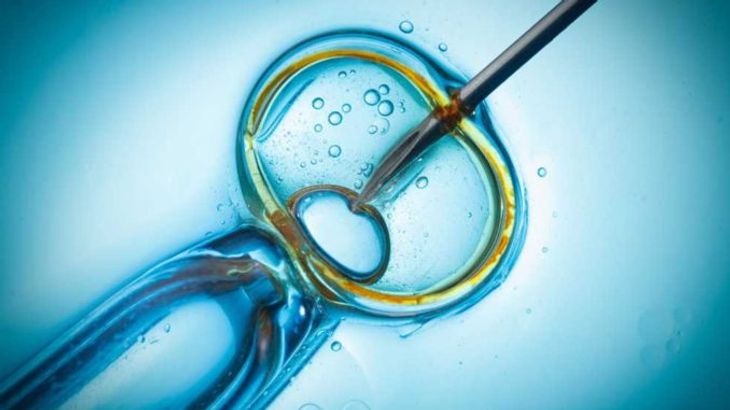Intracytoplasmic Sperm Injection (ICSI): Benefits & Cost

Infertility is affecting one out 20 couples ability to conceive. This motivated medical professional to develop an artificial or manual way of getting pregnant using which the sperm can be directly placed inside the egg, without involving in any sexual activity. Intracytoplasmic Sperm Injection (ICSI) is one such procedure that helps in fertilising the egg by manually inserting a sperm in it. Gianpiero Palermo conducted the first successful ICS that resulted in a human pregnancy in 1991.

Image Source: wikipedia.org
What is ICSI?
Intracytoplasmic Sperm Injection (ICSI) is a type of IVF (In-vitro fertilization) procedure which the single sperm is directly injected inside the cytoplasm of the female egg. This technique requires preparation of gametes for obtaining the embryos that are transferred into the maternal uterus. Using ICSI procedure can, the need for acrosome reaction can be skipped.
Benefits of ICSI
ICSI gives the parents a chance to get pregnant
It helps with male and female infertility
It can increase the chances go getting a successful IVF
The preciseness of the procedure makes it easy for the people to get pregnant
Intracytoplasmic Sperm Injection (ICSI) Procedure
An ICSI is performed using a transvaginal oocyte retrieval operation to extract the egg (oocytes) from the female. In ICSI, the partner or donor provides a sperm sample. The sample is checked for the sperms in the lab, and if no sperm is found, then doctors extract the sperm from the testicle or the epididymis.
The procedure to extract sperm is called PESA (Percutaneous Epididymal Sperm Aspiration), while sperm extraction from testicle called TESA (Testicular Sperm Aspiration).
The procedure is done using several multiple micromanipulation devices (microinjectors, micromanipulator, and micropipettes). The matured oocyte is stabilized using a pipette by gently applying suction on it using a microinjector. From the other side, the micropipette is used for collecting a single sperm, by immobilising the sperm by cutting the sperm’s tail. The sperm is then placed into the oocyte. After the procedure, physicians will closely monitor the oocyte for any signs of fertilization.
Cost of ICSI
The cost of Intracytoplasmic Sperm Injection ranges from USD 12,000 to USD 15,000 depending on the donated sperm. Most IVF treatments cost starts from USD 3600 using ICSI procedure to do that adds USD 2,000 in the total fee. The cost of the method can also vary for different geographical locations.
FAQs
Is ICSI safe?
Yes ICSI is a completely safe procedure which has only a 1% risk rate.
Why is ICSI required?
ICSI is required when the people are unable to get pregnant despite using an IVF treatment.
How successful are ICSI treatments?
ICSI has a 70-85 percent success rate, most people who go through this procedure can achieve egg fertilisation the which different from pregnancy.
Are there any risks involved with getting an ICSI?
The risk of conceiving a child with congenital disabilities is very low, as the sperm and the eggs are checked before they are fertilized. However, sometimes the quality of sperm cannot be determined including some sex chromosome abnormalities that might lead to genital or urinary system defects.
Are IVF and ICSI same?
ICSI is a type of IVF procedure involving eggs and sperm, which are collected from the respective partners. The significant difference between these procedures is the approach that they use for achieving fertilization. Conventionally in IVF, eggs and sperm are kept together in a dish, and they fertilise naturally. In ICSI the egg and the sperm are extracted from the human body, and the sperm is placed in the egg (oocyte) manually, for the fertilization to take place.
You can explore our website to learn about different fertility procedures that can help your chances of getting pregnant.





